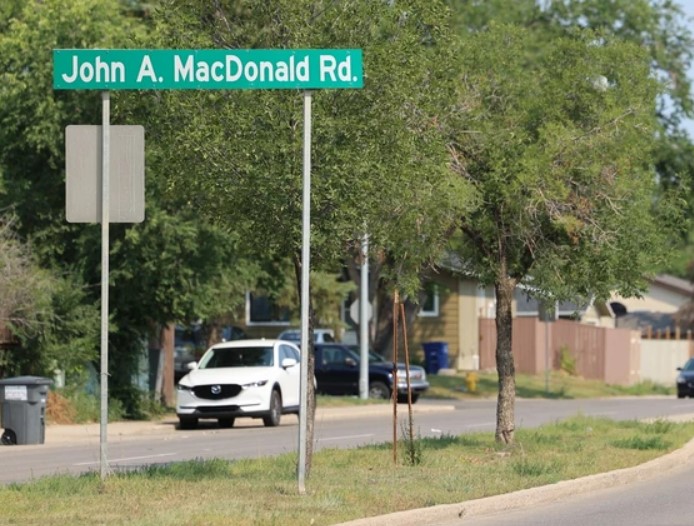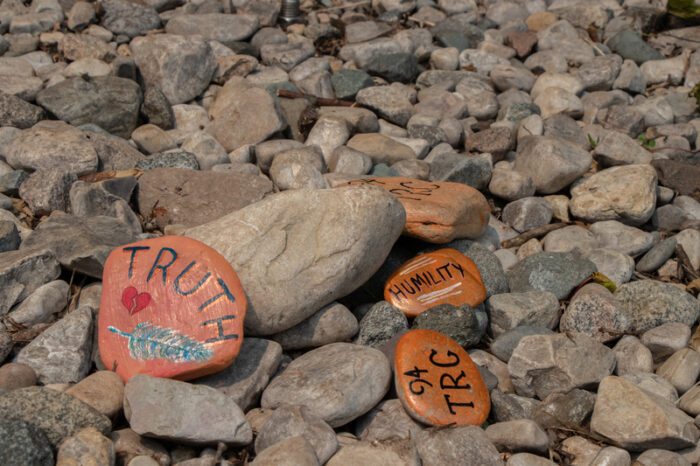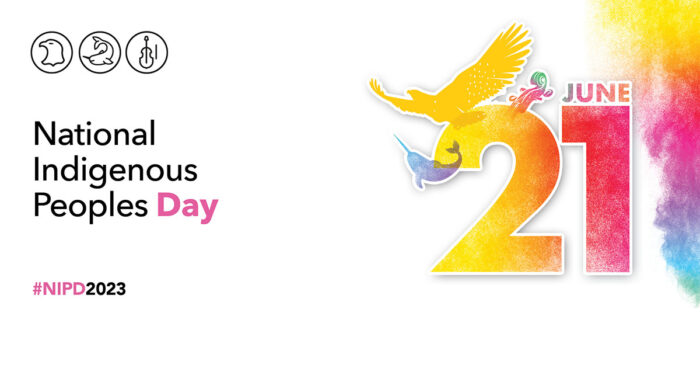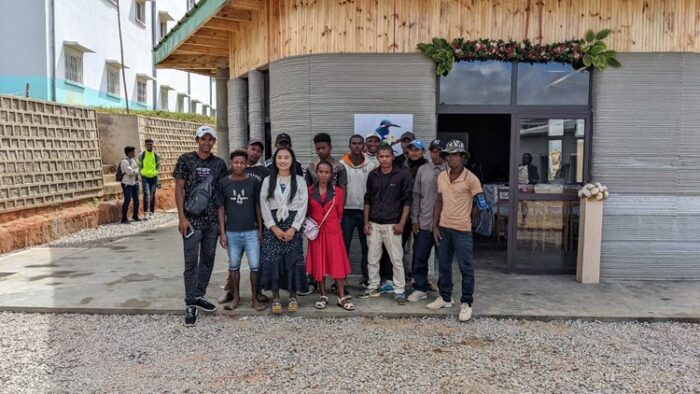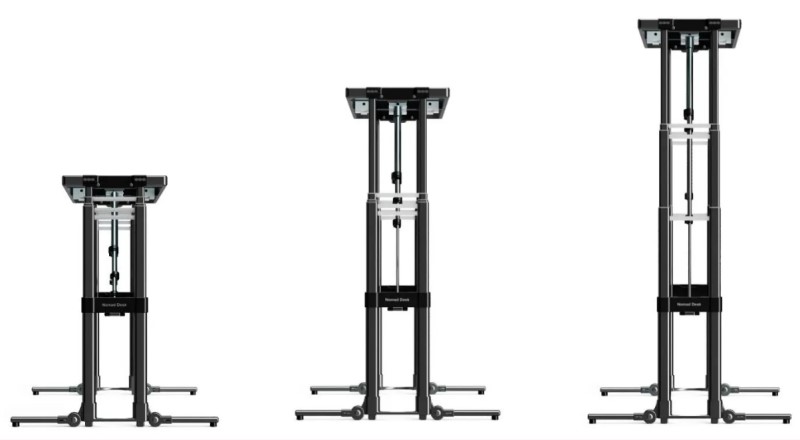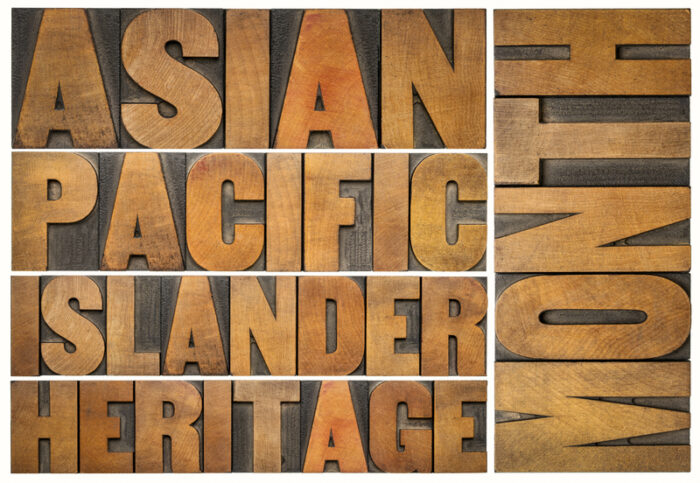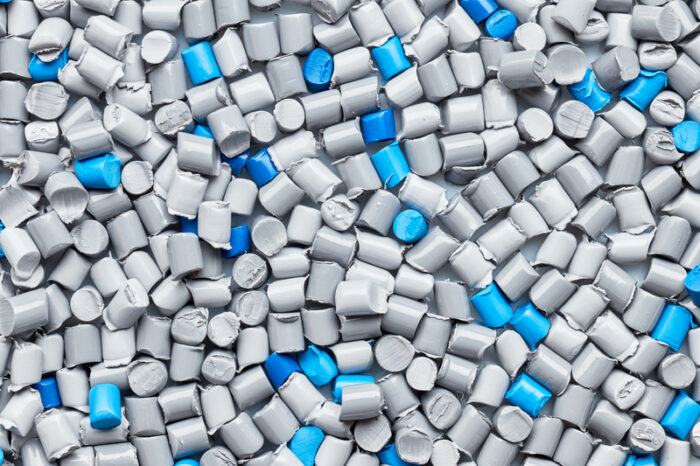Last week, an amazing business news story appeared. It involves a business owner ‘giving away’ his $3 billion clothing company, called Patagonia, to fight climate change.
Who would do such a thing?
But it is true. On Wednesday, Patagonia’s 83-year-old founder Yvon Chouinard announced that he and his family had placed his company in a ‘trust’ that ensured that all of its $100 million-a-year profits would go toward fighting climate change and protecting at-risk undeveloped land.
It sounds pretty amazing, but how does it all work? Let’s answer some basic questions about Patagonia’s big move.
What is Patagonia?
A Patagonia store in New York City in 2022. (Getty Embed)
It is a Californian clothing company that specializes in outdoor gear, including fleeces, jackets, hats, and thermal (warm) gear. If you love hiking, skiing, rock climbing, and camping, it has your kind of clothing. It was founded in 1973 by Chouinard.
Who is Yvon Chouinard?
Yvon Chouinard in 1993. Despite his company's success, he has always tried to live modestly, or without expensive things. (Getty Embed)
As a young person in the 1950s and 60s, Chouinard was big fan of rock climbing and the outdoors. BIG FAN. In fact, he was so obsessed by just rock climbing that for a time, he was known to live in his car and eat cat food to survive (and was apparently quite happy doing so).
He also made his own specialized rock climbing gear, which he sold himself to anyone who was interested.
And this guy became a billionaire?
Yes, sort of. During the 1960s, interest in his rock climbing gear was growing. In 1973, he took this business to the next level and opened the first Patagonia store. It included clothing as well as climbing gadgets.
Over the years, it expanded to include camping gear, skiing jackets, and surfing clothes. The company became one of the best known makers of outdoor clothing in the world and increased hugely in value.
Don’t call me a billionaire
Chouinard poses inside a Patagonia store in 1993. (Getty Embed)
Throughout it all, Chouinard refused to indulge in the lifestyle his wealth could afford. He lived in a modest home, drove a simple car, and wore everyday clothes.
He also sought ways to help others instead of hoarding his wealth. He sourced better materials for his clothes and was one of the first major clothing companies to use organic cotton. He gave his employees benefits and wages that were far better than found in similar jobs elsewhere.
And for many years, he donated 1 percent of Patagonia’s revenue (profit, or money made) to environmental causes. This equaled around $1 million a year.
I said, Don’t Call Me A Billionaire!
This all sounds pretty good. So why did he make this recent change?
In 2017, the financial magazine Forbes released a list of the world’s billionaires. Chouinard was included on it and said to be worth about $3 billion.
In an interview with The New York Times, he said that this report angered him and made him realize that he still wasn’t doing enough to use his company as a force for good. This eventually led to what was announced last week.
And what did happen, exactly?
Chouinard in 2019. His move has never been tried before but could set a new example of how big companies can be environmentally responsible. (Getty Embed)
The ownership of Patagonia has been transferred to something called a purpose trust.
A trust is a way of placing money in a safe place for a future use. A purpose trust is designed to benefit a purpose, or cause. In this case, the planet.
So the company will operate as normal—it will make and sell clothes, and its employees will get paid for their work. But all of the extra money that is made will go directly to environmental causes.
As Chouinard put it himself, “The Earth is our only shareholder.”
What does this mean for the future?
Elon Musk is currently the world's richest person. His companies, Space X and Tesla, are at the forefront of huge innovations in tech, including green tech. But many are critical of him and other billionaires as being too wealthy and not giving back enough to society. (Getty Embed)
This move speaks to two big global issues at once. The first is climate change and the environment. The second is the gap between the world’s rich and poor.
A century ago, being a millionaire was a big deal. Billionaires were almost unheard of (Henry Ford was the world’s richest person in the 1920s and worth $1.2 billion).
Today, there are nearly 3,000 billionaires in the world. The wealthiest, Tesla and Space X owner Elon Musk, is worth about $217 billion. Even though many billionaires are philanthropists (people who support causes with their money), they still make far money than they donate.
Meanwhile, billions of people around the world struggle with poverty and lack basic necessities like clean water, safe shelter, and jobs.
Chouinard’s move is designed to challenge the old philanthropic model of how rich people ‘give back’ to the world.
Will it work?
Good question. No one has ever tried it like this before.
Chouinard hopes that his move will not only mean that Patagonia continues to give financial aid to the environment for decades, but that it will provide a new example of how businesses can change for the better.
“If we have any hope of a thriving planet—much less a thriving business—50 years from now, it is going to take all of us doing what we can with the resources we have,” he said in a statement. “This is another way we’ve found to do our part.”
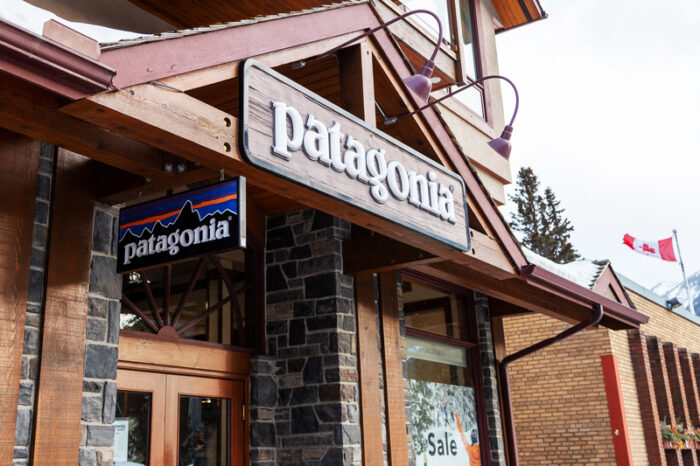 Patagonia has been an outdoor clothing company for nearly 50 years. (ID 173674891 © Ronniechua | Dreamstime.com)
Patagonia has been an outdoor clothing company for nearly 50 years. (ID 173674891 © Ronniechua | Dreamstime.com)
